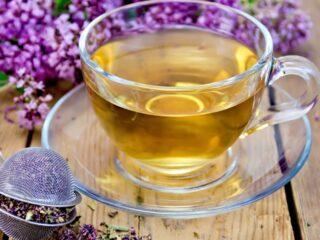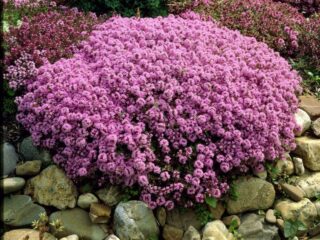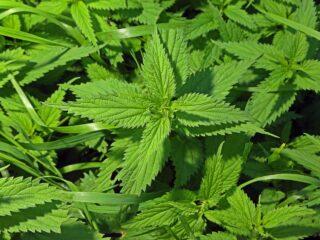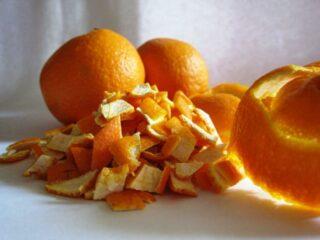Content
Thyme oil (the second name of the herb is thyme), which has a complex chemical composition, has a positive effect on all organs and systems of the human body. Aroma oil is widely used in medicine, cooking and cosmetology. The main rule when using it is to strictly follow the instructions and observe the dosage. The product can be purchased at the store or prepared yourself.
Chemical composition of thyme oil
Thymol gives antiseptic properties to thyme essential oil. Its content in the product ranges from 20-54%. The production of aroma oil from thyme is a rather labor-intensive process. In addition, the chemical composition and quality of the product depends on the environment in which the raw materials grew.
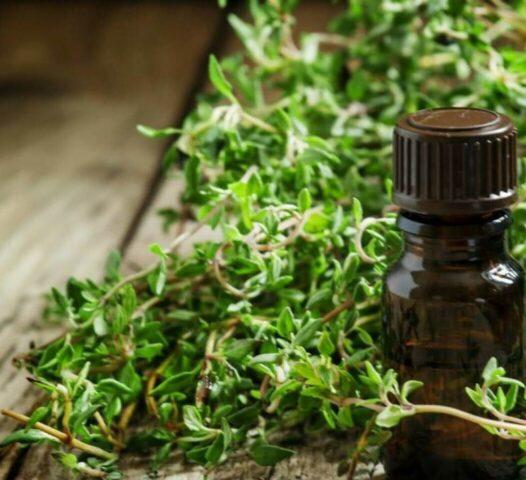
Thyme aroma oil can have both medicinal properties and be toxic.
The chemical composition of the medicinal product includes:
- vitamins B, C;
- ursolic and oleic acid;
- tannins;
- gum;
- organic pigments;
- terpinene;
- monoterpene alcohols;
- carvacrol and thymol.
To manufacture the product, a double distillation method is used. This allows irritants to be removed. It is because of this factor that the oil differs in its composition, chemotype and healing qualities. The properties of the product depend on the time when the raw materials were collected.
There are three main chemotypes:
- Thyme carvacrol. The product is a strong irritant, but has antiseptic properties. The effect is enhanced if the raw materials for production are collected after the thyme has faded.
- Thyme linalool. Has antiparasitic and antifungal properties.
- Thyme thymol. It has a pronounced antiseptic effect. The grass for the production of the product is collected in the fall.
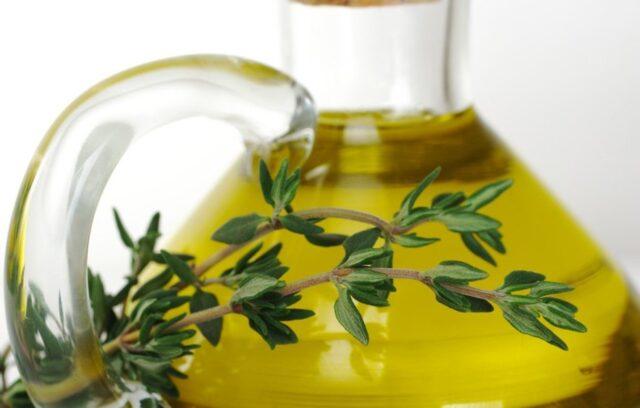
When harvesting raw materials in the spring, an aroma oil is obtained, which will become an excellent pain reliever.
Benefits of thyme essential oil
Humanity has known about the beneficial properties of thyme oil since ancient times. Aroma oil is valued for its medicinal qualities.
Useful properties of thyme oil:
- has an anti-inflammatory effect, promotes disinfection and rapid healing of cuts, wounds, eczema;
- improves blood circulation, increases blood pressure;
- has a beneficial effect on men, preventing rapid ejaculation, increasing potency;
- activates brain function, improves memory, helps cope with depression;
- relieves pain and swelling after sports injuries;
- benefits women's health, normalizes the menstrual cycle and hormonal levels;
- has an antiseptic quality, increases the resistance of the immune system to viral or bacterial infections;
- eliminates bad breath;
- helps with myositis, gout, rheumatism, arthritis;
- improves digestion, treats gastrointestinal ailments, helps with nausea and poisoning.
Thyme aromatic oil has found application not only in folk medicine. It is used in cosmetology and cooking.
How to make thyme oil
The largest amount of essential oils is contained in the inflorescences and leaves of the herb.
Algorithm for preparing thyme aroma oil at home:
- Wash the grass and place it on a paper towel to dry.
- Thyme is ground in a mortar.
- The grass is transferred to a container with an airtight lid, poured with calcined olive or vegetable oil so that it covers the ground grass by 2 cm.
- The container is placed in the kitchen cabinet. The product should be infused in a warm room.
After a month, the oily liquid is drained and filtered. Store homemade oil in a dark glass container. The shelf life of a self-prepared product is no more than three months, while a pharmaceutical product is 5 years.
The use of thyme oil in folk medicine
In folk medicine, black thyme oil has been used in the treatment of the following diseases:
- diabetes;
- syndrome of increased capillary permeability;
- sexually transmitted infections (chlamydia);
- prostatitis;
- inflammation of the appendages;
- malfunction of the thyroid gland;
- anemia;
- rheumatism;
- insomnia;
- Chronical bronchitis;
- liver diseases.
Tea with aroma oil helps to cope with colds faster, at the same time restoring healthy sleep, treating anemia, headaches caused by skull trauma or vascular spasms.
Experts have found that other essential oils will help better unlock the potential of thyme. Thyme goes best with aromatic oils:
- lemon balm, mint;
- marjoram, eucalyptus;
- lavender, chamomile;
- rosemary, cypress;
- pine, cedar;
- ginger, bergamot.
Thyme oil for insomnia and rheumatism
Thyme aroma oil is mixed with base oil in a ratio of 1:3. One drop of the resulting mixture is applied to the bread crumb, added during the preparation of meat or fish dishes, and mixed with honey or jam. You can drink the product with wine, kefir, tea, juice.
Thyme oil for upper respiratory tract diseases
For rhinitis, pharyngitis, laryngotracheitis, bronchitis, add a mixture of oils to the aroma lamp:
- thyme – 5 ml;
- cloves – 2 ml;
- eucalyptus – 3 ml.
In this composition, aromatic oils purify the air, prevent the spread of infection, and destroy viruses.
Thyme oil in home cosmetology
Thyme oil has a beneficial effect on the condition of the skin and hair, so it is actively used for preparing cosmetic masks at home. With regular use of the product, curls become strong and look well-groomed. The oil also restores fat balance and helps fight inflammation and acne.

Aroma oil relieves dry and brittle hair
For acne
Ingredients for preparing a medicinal composition from oils:
- thyme linalool chemotype – 10 ml;
- rosemary, neroli, tea tree, lavender - 5 ml each;
- jojoba (if the skin is dry, almond) – 100 ml.
A mixture of the listed components destroys pathogenic bacteria, improves blood circulation, and cleanses the skin. The composition is applied pointwise to problem areas.
To improve hair structure
A product with aroma oil reduces hair oiliness. To do this, rub a mixture prepared from base oil (15 drops) and thyme oil (5 drops) into the scalp twice a week. From 3 to 5 ml of the resulting product is added to the conditioner.
Some sources advise applying a few drops of the mixture directly to a comb, then combing your hair.
Contraindications to the use of thyme oil
Thyme aroma oil has the property of reducing cell resistance to the adverse effects of light. Using the product without a preliminary allergy test is strictly prohibited. The use of the composition may cause discomfort in the form of a burning sensation and irritation.
Thyme oil has a number of contraindications for oral administration. For which ailments it is better not to use the product:
- heart failure, atrial fibrillation, angina pectoris;
- duodenal ulcer;
- hypertonic disease;
- emphysema;
- acute and chronic hepatitis;
- cholecystitis in the acute stage.
The product is contraindicated for use in children under six years of age and pregnant women. Excessive use and excess dosage of aroma oil leads to hormonal imbalance, which is associated with disturbances in the functioning of the thyroid gland.
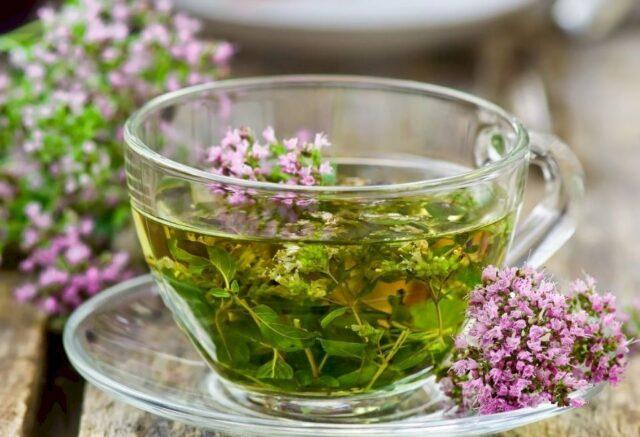
Only natural products can be taken orally; information is indicated on the label.
How to choose thyme oil
To avoid getting into trouble when purchasing thyme aromatic oil, you should pay attention to:
- A natural product has a label on the bottle in the manufacturer's language or in Latin.
- The container in which the product is sold is made of dark glass. You should not purchase the product in a plastic bottle. The product is either low quality or unnatural.
- The aroma oil is sold in standard containers of 5 and 10 ml.
- When purchasing a product, it is recommended to give preference to proven brands. For example, Vivasan.
A natural remedy cannot be cheaper than 200 rubles. per bottle 5 ml (data as of September 2021).
Conclusion
Thyme oil has found wide use in folk medicine. Humanity has known for a long time about the medicinal properties of the herb, also called thyme. The chemical composition, color and properties of the product vary depending on growing conditions and climate.
Reviews on the use of thyme oil
